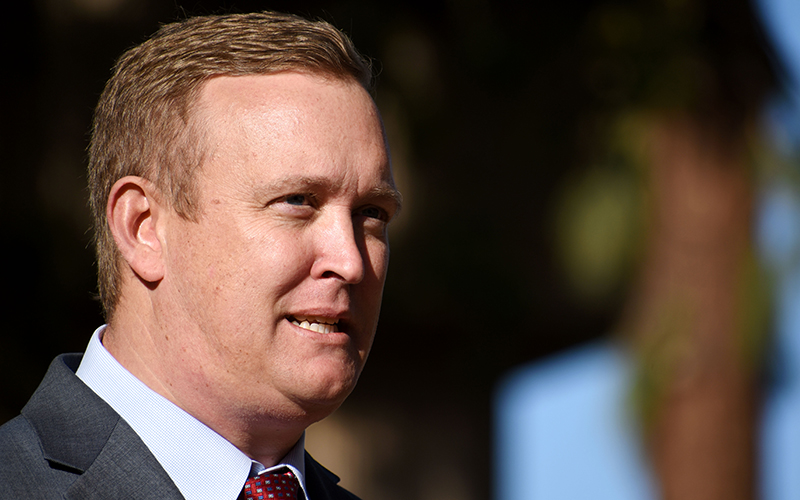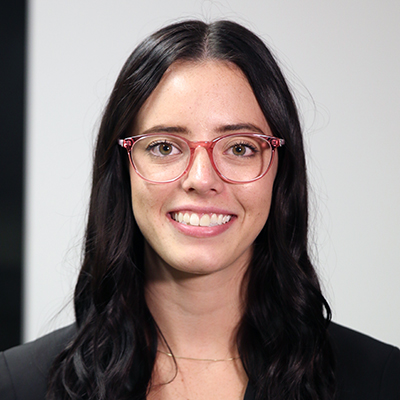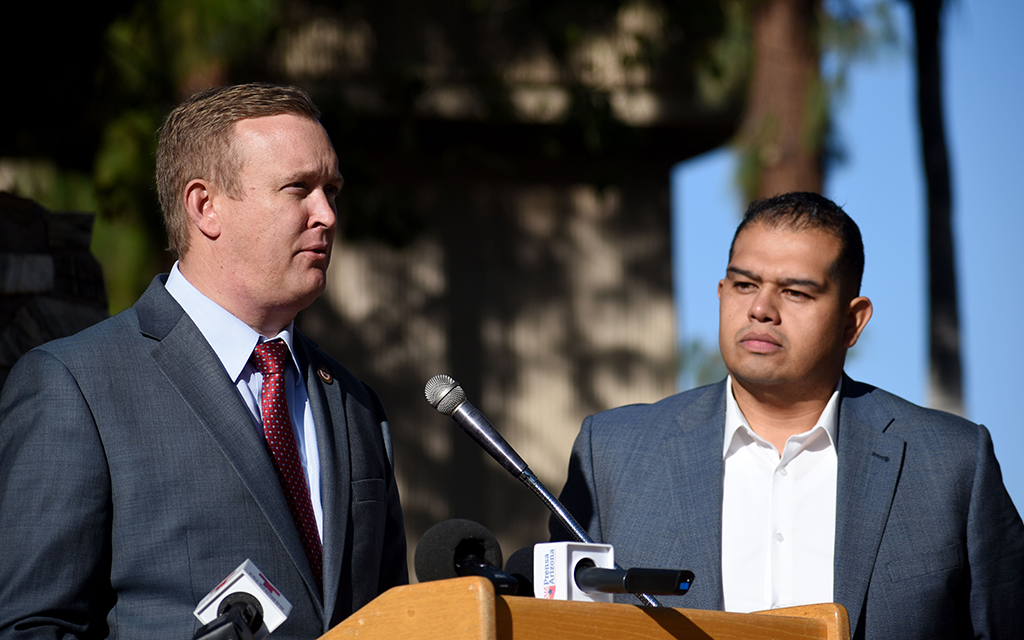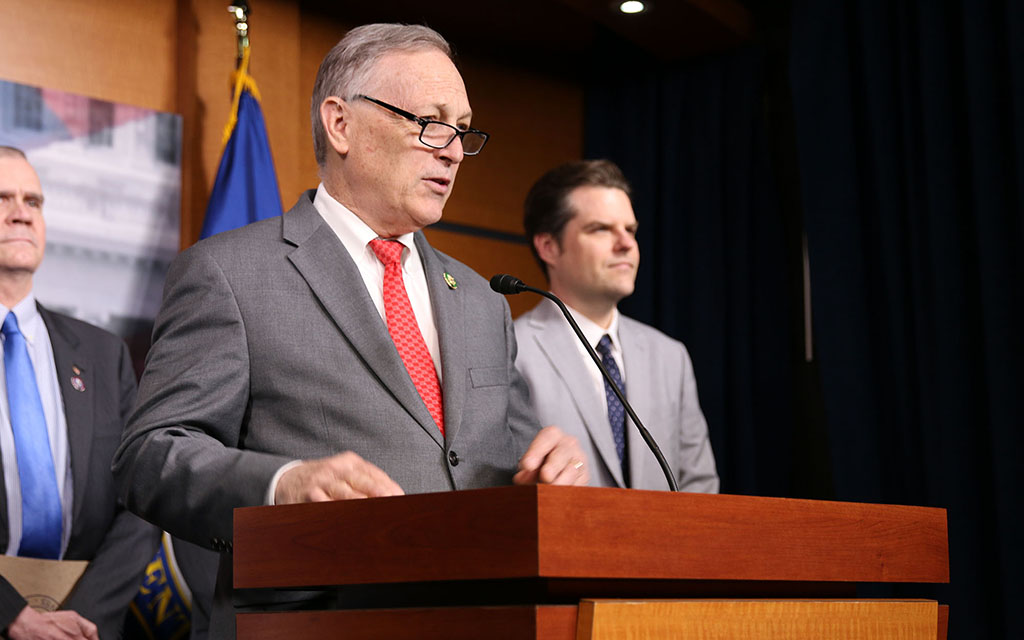WASHINGTON – Political analysts said they were shocked by state Sen. Steve Kaiser’s recent decision to step down – but not surprised – pointing to the difficulty of getting things done in the current highly partisan political environment.
Kaiser agrees, to a point. He said he now hopes to generate change from the outside by running a 501(c)(4) – a nonprofit – named the Arizona Prosperity Project.
“I feel like running the ‘c4’ I can be more impactful in keeping and growing the (Republican) majority than I can as an individual elected official,” Kaiser said Tuesday.
He’s not done with the Legislature just yet: After initially announcing that his final day would be last Friday, June 16, the Phoenix Republican now says his last day in office will be Thursday, June 22, so he can “tie up loose ends” on a refugee workforce bill.
Mike Noble, founder and CEO of Arizona polling firm Noble Predictive Insights, said Kaiser’s resignation was surprising because he has been an impactful freshman legislator.
Noble thinks Kaiser leaving office is due to the hyper-partisanship that the state has seen “and being that he might be able to make a bigger impact from the outside compared to working on the inside.”
Sean Noble, a political consultant for Compass Strategies, pointed to Kaiser’s work on multiple affordable housing bills that failed to win the support of “a handful of legislators who are ultraconservative.”
Kaiser needed a “majority of the majority,” or 16 of the 31 Republicans in the House, to advance the bill in that chamber. But that effort failed last week, and Kaiser announced his resignation on June 13.
“I don’t think that was the reason but it was the final reason,” Sean Noble said of the housing bill’s failure.
Kaiser said losing the housing bill was a disappointment, but the issue will remain a big focus as he transitions to his new role.
Kaiser was appointed to the Arizona House in 2020 and won his Senate seat two years later, taking office this January. He said one of the biggest reasons for leaving office is to spend more time with his family.
“I think I just couldn’t find the right balance between the Legislature and my family and I don’t think that was going to change because I really enjoy the work,” he said.
He has already decided not to run for reelection in 2024. Part of the reason he quit now, he said, was to give the Republican Party a leg up on holding his seat in that election.

State Sen. Steve Kaiser, R-Phoenix, is leaving to run a nonprofit that he hopes will influence conservative candidates for state and local office. (File photo by Hope O’Brien/Cronkite News)
Under Arizona law, the party of the former office holder picks three potential replacements when a legislative vacancy occurs and forwards their names to the Maricopa County Board of Supervisors, who pick the replacement. Kaiser’s replacement will serve until the 2024 election.
“I did not want to hurt my party or the PCs (precinct committeemen) by making it an open primary and then the Democrats would have an easier chance of getting the seat,” Kaiser said of the 2024 election. “I feel like if I know I’m not going to run for reelection again, then this is the way to protect the seat and support my district the best way possible.”
Kaiser represents Legislative District 2 in northern Phoenix, a Republican-leaning district that the Arizona Independent Redistricting Commission considers highly competitive. Kaiser won the 2022 election by a 3% margin.
Hopefuls are already lining up.
The morning after Kaiser’s announcement, Republican Josh Barnett tweeted that he is putting his name forward to fill the seat until the 2024 election. Barnett ran an unsuccessful primary challenge of U.S. Rep. David Schweikert, R-Fountain Hills, in 2022.
Current District 2 Democratic Rep. Judy Schwiebert announced plans to run for the Senate seat in 2024, saying on Twitter that she is “committed to working with Democrats and Republicans so that Arizona is a place where we all succeed.”
Barry Aarons, who owns public policy consulting firm the Aarons Company, said he has worked with Kaiser on multiple pieces of legislation. He thinks Kaiser’s resignation will be a loss for the state.
“I mean, he will be missed, there’s no question about that,” Aarons said. “I understand that this is a grueling, time-consuming type of position.”
Aarons believes someone – either Kaiser’s replacement in the Senate or someone else – will have to pick up on issues where Kaiser leaves off.
“I really think that in a deliberative body other people rise to the occasion,” he said. “I think that on the issues that he was working on, you’re likely to see that occur.”
For Kaiser, stepping into a new position is exciting. He hopes the Arizona Prosperity Project will influence conservative candidates from school board elections to state offices and work to elect candidates that focus on what he calls “kitchen-table issues.”
“I don’t think Republicans talk enough about their solutions on topics like education and workforce and housing,” Kaiser said. “So I want to strengthen our majority with members that are focused on those items.”
But with about 500 days until Election Day 2024, Kaiser knows he may be fighting a difficult battle.
“I’m really concerned about the chambers flipping,” he said. “That’s part of the reason why I started a c4 because I really want to focus my time and energy on maintaining the majority at the Legislature.”



